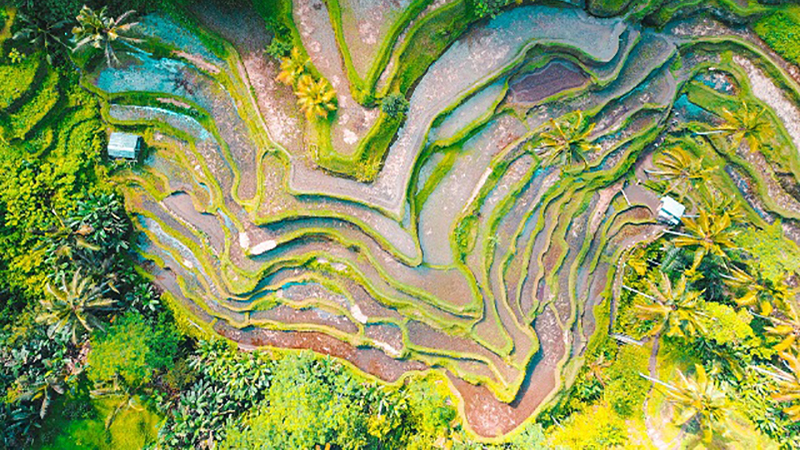Even the strongest, best-run company will struggle to flourish in a country with weak growth, a poor rule of law or political disruption, which is why investors in frontier markets will target both sides of the equation – companies that exhibit strong fundamentals; and a supportive backdrop with positive macroeconomic tailwinds.
Indonesia has many of the qualities that are desirable when looking to invest in frontier markets. Just a few years ago, it was one of the so-called ‘Fragile Five’ – a group of countries seen as particularly vulnerable to a jump in US interest rates. Yet, through a combination of strong economic leadership, a recent commodities boom and a thoughtful, forward-looking industrial strategy, its attractiveness has increased.
Economic management
Since President Joko Widodo – popularly known as Jokowi – came to power in 2014, the country has experienced significant economic development, with its current account returning to surplus in 2021. The country has also kept inflation tightly under control through orthodox and effective monetary policy, which has seen rates move from 3% to 6% over the past year.
While the central bank has used some foreign reserves to support the currency, it chose to increase rates alongside the US Federal Reserve in order to help prevent capital outflows. With inflation at around 2%, real rates remain attractive and should provide flexibility for policymakers to cut rates as global conditions turn.
Jokowi has visibly lifted people out of poverty, which has had a positive impact on employment, incomes and confidence, which should continue to feed in future growth. From this lens, structurally, Indonesia has demographics on its side. It is the world’s fourth most populous country – with 280 million people and a growing middle class.
The country’s economy has enjoyed a natural tailwind from the commodity boom of 2020/22. Indonesia is a significant coal exporter, a major oil and gas producer and – arguably most importantly – an important exporter of metal ores, principally nickel, which are key metals for the world’s transition to lower-carbon fuels.
Rising commodity prices boosted the country’s coffers, restoring its current account balance to good health and allowing economic growth to flourish. It propelled the country to 5.3% GDP growth in 2022 and, while this is likely to moderate to 5% in 2023, it is still stronger than the majority of Indonesia’s regional and global peers.
Industrial strategy
It is not enough simply to rely on selling commodities to the rest of the world, however, as relying on natural resources alone will leave a country vulnerable to the caprices of commodity markets. The Indonesian government has recognised this and built a smart new industrial strategy.
The country has been focusing on downstream materials supply-chain investment to increase the domestic share of valued-added manufacturing, rather than just mining and exporting raw materials. It has put incentives in place to encourage companies to set up manufacturing plants in the country, rather than just buy their resources there.
Perhaps more importantly, the Indonesian government has set out its ambition for the country to become one of the largest producers of ‘green metals’ globally. It is striving to become a regional hub for electric vehicle batteries. It has a good claim to these ambitions, as it is home to almost all the metals needed for the battery supply chain – the exception being lithium, although it has built partnerships in Africa for its supply.
Nickel is likely to be particularly important – and Indonesia is the world’s largest producer. Demand for nickel continues apace as the key component in stainless steel. Estimates suggest that electric batteries could ultimately scoop up almost one-third of overall nickel demand.
As the country grows, and the consumer economy flourishes, companies such as Bank Central Asia or Astra International Indonesia could be beneficiaries. The regional banks are helping to drive financial inclusion while Astra International is a conglomerate with interests in financial services, the automotive industry, infrastructure and logistics. Such businesses should grow as the nation develops.
Indonesia is the kind of growth story we are looking to support as frontier market investors. It is in the foothills of an exciting economic development path and its companies should therefore enjoy a natural tailwind.
Emily Fletcher is manager of the BlackRock Frontiers Investment trust










